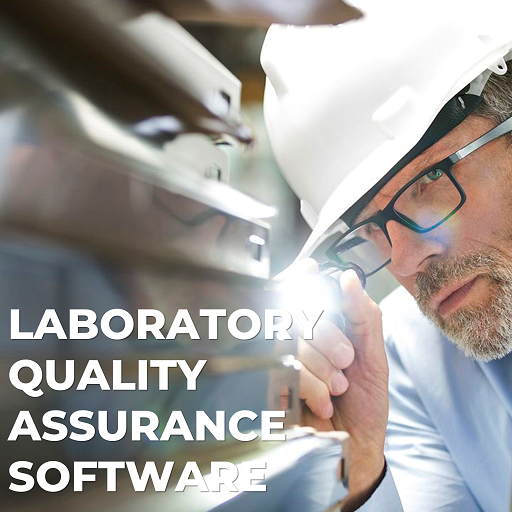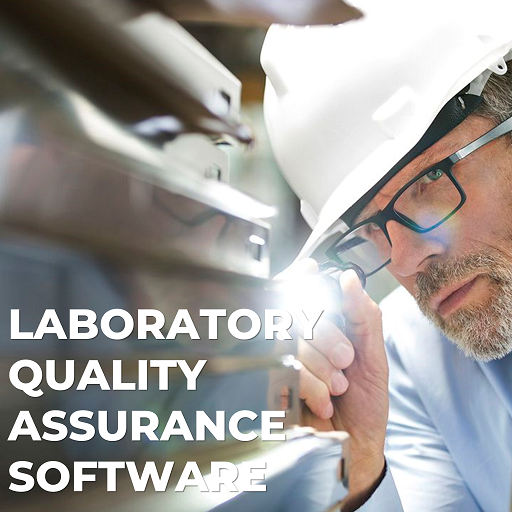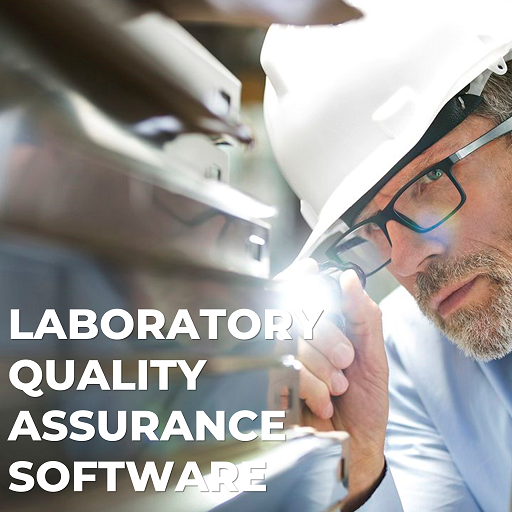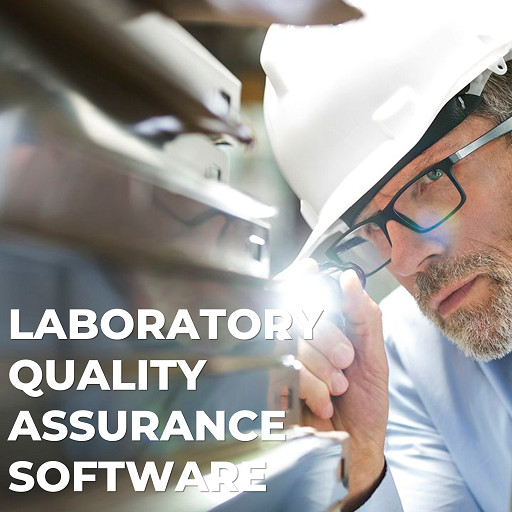How Laboratory Management Software Enhances Data Integrity Introduction In today’s digital era, laboratory management software plays a vital role in maintaining accuracy, transparency, and trust in laboratory operations. Whether it’s research, testing, or quality assurance, data integrity remains the backbone of reliable results. Laboratory management software ensures that every piece of data right from sample…
How Laboratory Information Management Software Enhances Traceability Introduction In modern labs, maintaining traceability across samples, processes, and results is essential. A laboratory information management software (LIMS) provides the digital backbone to achieve this. Unlike spreadsheets or manual records, LIMS connects every step — from sample registration to reporting — ensuring complete visibility. Whether in pharmaceuticals,…
Future of Laboratory Software: Automation, Cloud, and AI Introduction The future of laboratory software is being shaped by three major forces — automation, cloud technology, and artificial intelligence (AI). As laboratories handle larger datasets, faster testing cycles, and stricter compliance norms, these technologies are redefining how labs operate. With automation reducing manual effort, cloud platforms…
Comparing LIMS QC Software Providers: What to Look For Introduction Choosing the right LIMS QC Software can define how efficiently your lab operates. With multiple providers offering diverse features, it’s essential to know what truly matters. A powerful LIMS QC Software should simplify data management, ensure traceability, and enhance overall productivity. From compliance and integration…
LIMS, QA, and QC: Understanding the Differences in Lab Software Introduction Laboratories today face increasing demands for accuracy, efficiency, and compliance. While many people use the terms LIMS, QA, and QC interchangeably, they actually refer to different but complementary systems. To stay competitive, labs must understand LIMS, QA, and QC: understanding the differences in lab…
Lab Automation Starts with the Right Laboratory Management Software Introduction In today’s fast-paced scientific and manufacturing environments, laboratories must operate with greater accuracy, speed, and efficiency. Manual processes are no longer sufficient to meet the demands of quality, compliance, and productivity. This is where laboratory management software plays a critical role. It serves as the…
How Quality Laboratory Software Ensures Reliable Test Results Introduction In modern labs, precision is non-negotiable. Whether testing pharmaceuticals, chemicals, food products, or environmental samples, even the smallest error can lead to failed batches, product recalls, or regulatory penalties. That’s why laboratories are turning to quality laboratory software—a digital solution designed to eliminate human error, standardize…
Future-Proofing Your Lab with AI-Driven Quality Control Software Introduction As laboratories face increasing demands for speed, accuracy, and compliance, traditional quality control methods are proving insufficient. To stay competitive and compliant, labs must embrace digital transformation—and AI-driven quality control software is at the forefront of this shift. By incorporating automation, predictive analytics, and real-time decision-making,…
Enhancing Data Integrity with Laboratory Information Management Software Introduction In regulated industries like pharmaceuticals, food, chemicals, and biotech, data integrity is non-negotiable. Accurate, consistent, and tamper-proof data not only ensures product quality and regulatory compliance—it builds trust. This is where Laboratory Information Management Software (LIMS) plays a transformative role. From real-time data capture to audit-ready…
Data Traceability in Labs Using Quality Laboratory Software Introduction In modern laboratories, where regulatory compliance, accuracy, and efficiency are critical, data traceability in labs using quality laboratory software is not a luxury—it’s a necessity. Labs handle vast volumes of data daily, from raw sample inputs to final test reports. Without proper traceability, even minor discrepancies…










